The 6 Worst Foods for Your Gut Health, According to a Gastroenterologist

Your gut is like a garden — give it sunshine, water, and the right nourishment, and it thrives. Feed it the wrong stuff, and things get messy fast. Unfortunately, many of the foods we grew up loving (hello, diner milkshakes and crispy fried chicken) can wreak havoc on the delicate balance of bacteria living in your digestive system.
As we age, our gut tends to get a little more sensitive. The same burger and fries you could polish off in your twenties might now leave you bloated, gassy, or running for the nearest bathroom. Gastroenterologists say the secret to better digestion is simple: avoid the worst offenders most of the time, swap them for gentler choices, and your gut will thank you.
Below are the six foods that experts say are the biggest troublemakers for gut health — along with better-for-you swaps that can keep your digestion humming along without making you feel deprived.
1. Sugar and Artificial Sweeteners
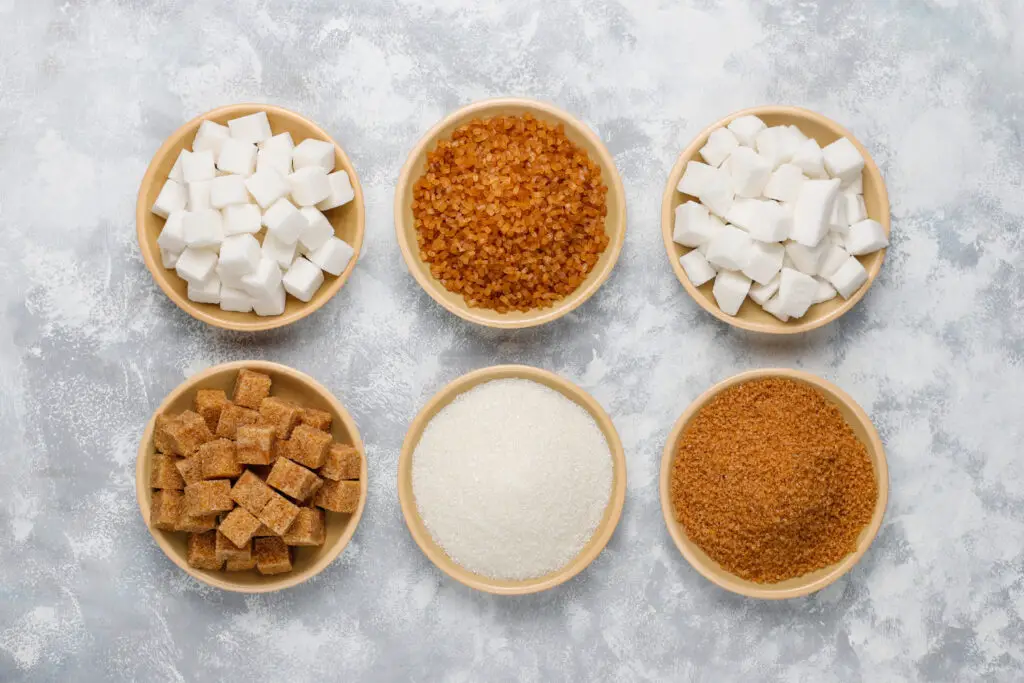
That slice of pie, scoop of ice cream, or can of soda may hit the spot in the moment, but sugar (especially added sugar) is one of the fastest ways to upset your gut bacteria. It feeds harmful microbes while starving the good ones, throwing your microbiome out of balance. Even “sugar-free” treats can cause problems — many contain artificial sweeteners that can trigger bloating, diarrhea, or gas.
Gut-Friendly Swap: Satisfy your sweet tooth with whole fruit. The natural sugars in berries, apples, or peaches come packaged with fiber, which helps feed good gut bacteria. If you need a sweetener, try small amounts of honey or maple syrup, and pair them with fiber-rich foods.
2. Ultra-Processed Packaged Foods
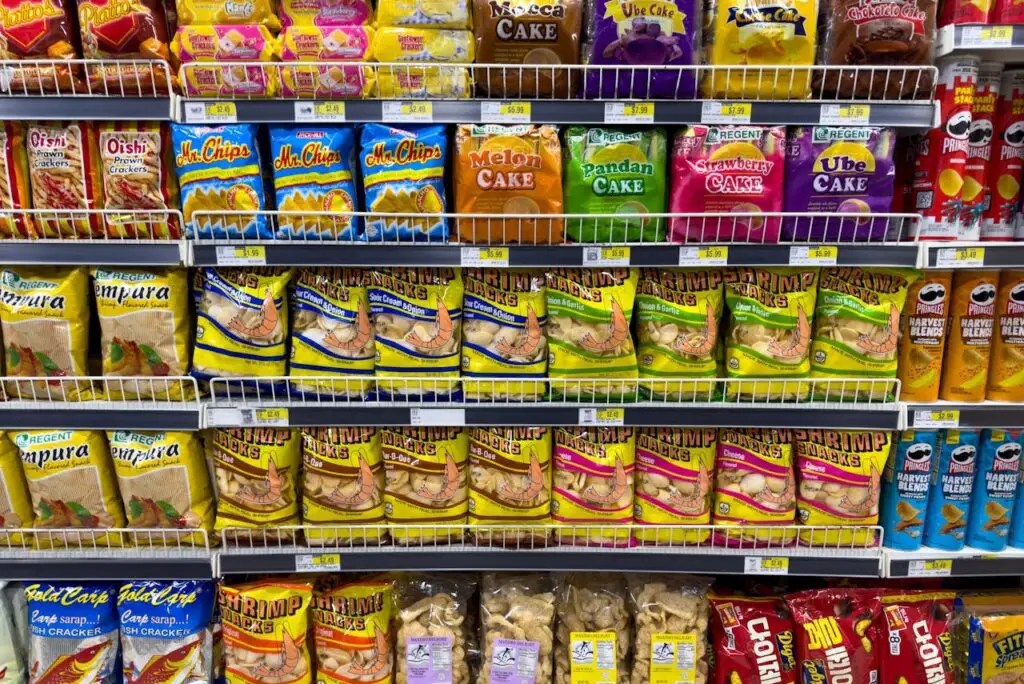
Chips, frozen dinners, instant noodles, and deli meats might be quick and easy, but they are loaded with salt, unhealthy fats, and additives your gut does not appreciate. Many processed foods also lack the fiber your digestive system depends on to keep things moving. Over time, a diet heavy in packaged snacks can slow digestion, increase inflammation, and leave you feeling sluggish.
Gut-Friendly Swap: Opt for whole, minimally processed foods. Instead of reaching for a bag of chips, grab a handful of nuts or air-popped popcorn. Swap frozen pizza for a homemade flatbread with whole-wheat crust, fresh veggies, and a sprinkle of cheese.
3. Fried and Greasy Foods
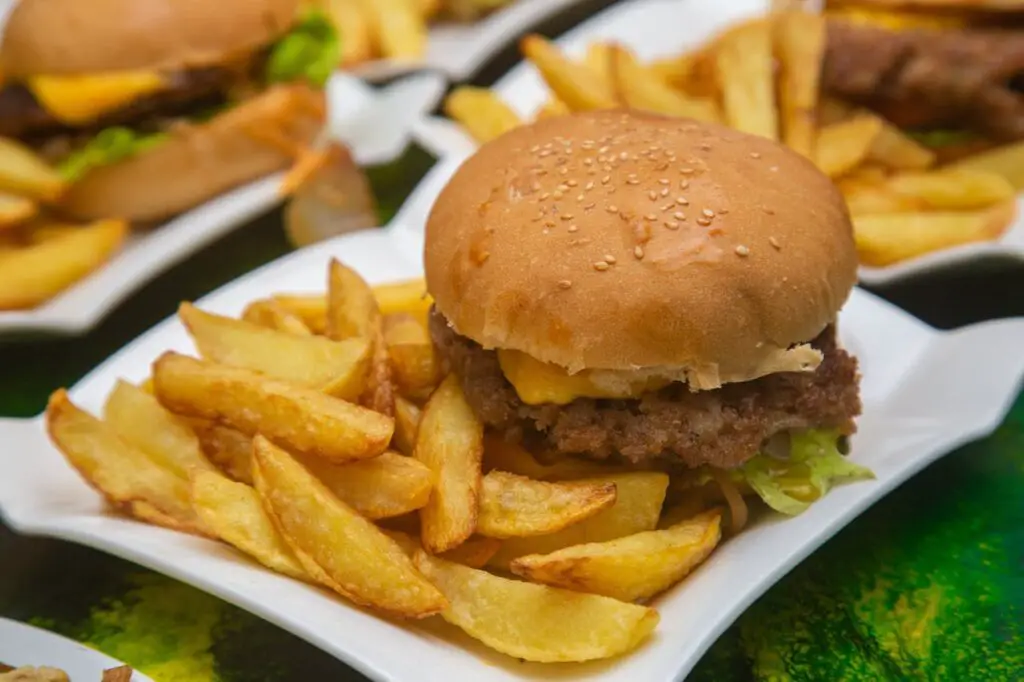
Fried chicken, onion rings, and French fries might taste like heaven, but they are tough for your gut to process. Deep-frying creates fats that are harder to digest and can inflame the lining of your stomach and intestines. These foods tend to linger in your digestive tract, often leading to gas, bloating, or heartburn.
Gut-Friendly Swap: Bake, grill, or roast instead of frying. If you love the crunch, try an air fryer, which uses much less oil. For flavor, season with herbs and spices instead of relying on heavy breading or greasy coatings.
4. Red and Processed Meats
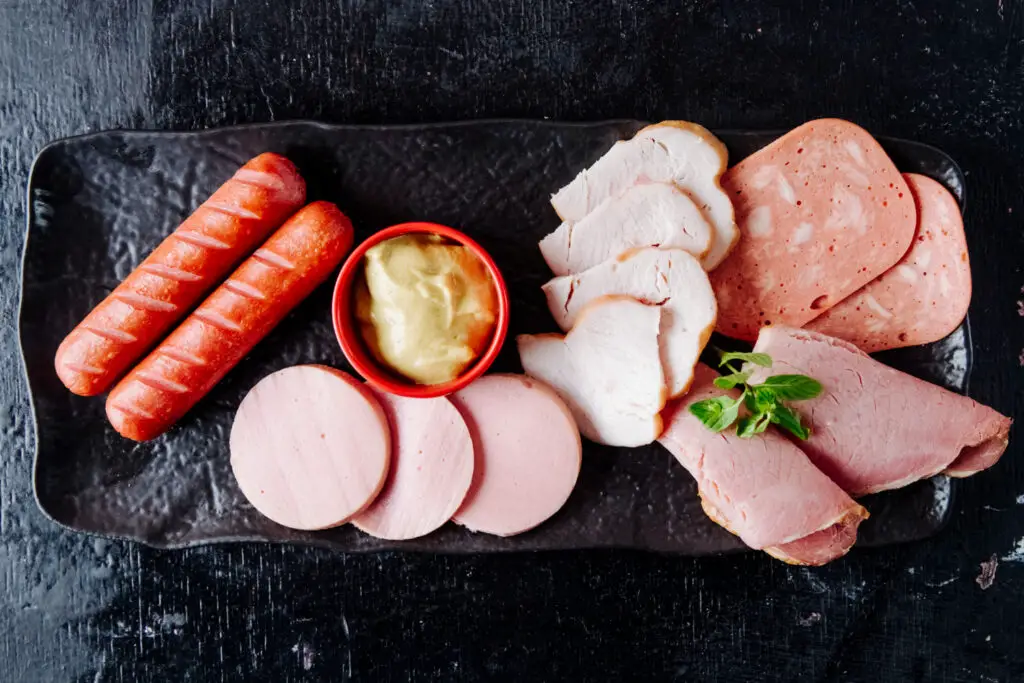
Bacon, sausage, and hot dogs may be nostalgic comfort foods, but eating too much red and processed meat can be hard on your gut. They are high in saturated fat and often low in fiber, which can slow digestion and promote inflammation. Processed meats also contain preservatives and sodium that can disrupt your microbiome.
Gut-Friendly Swap: Limit red meat to occasional meals, and choose lean cuts like sirloin or tenderloin. Try more poultry, fish, or plant-based proteins like lentils and chickpeas. Pair your protein with a generous helping of vegetables to keep your digestive system happy.
5. Dairy (If You Are Sensitive)
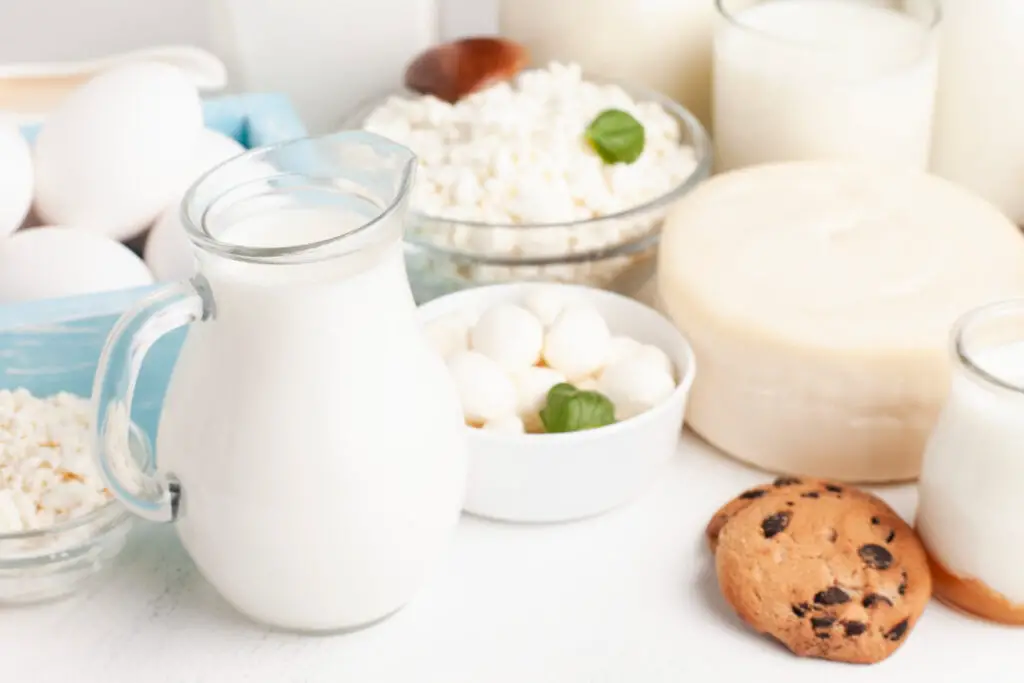
Milk, cheese, and ice cream can be perfectly fine for some people, but many adults develop lactose intolerance as they age. Without enough of the enzyme lactase, your body cannot fully digest milk sugar, which can lead to gas, bloating, and stomach cramps. High-fat dairy can also slow down digestion and contribute to constipation.
Gut-Friendly Swap: Choose lactose-free dairy products or plant-based alternatives like almond milk, oat milk, or coconut yogurt. If you enjoy dairy, try fermented options like yogurt or kefir with live cultures, which can actually benefit gut bacteria.
6. Refined Grains and Simple Carbohydrates
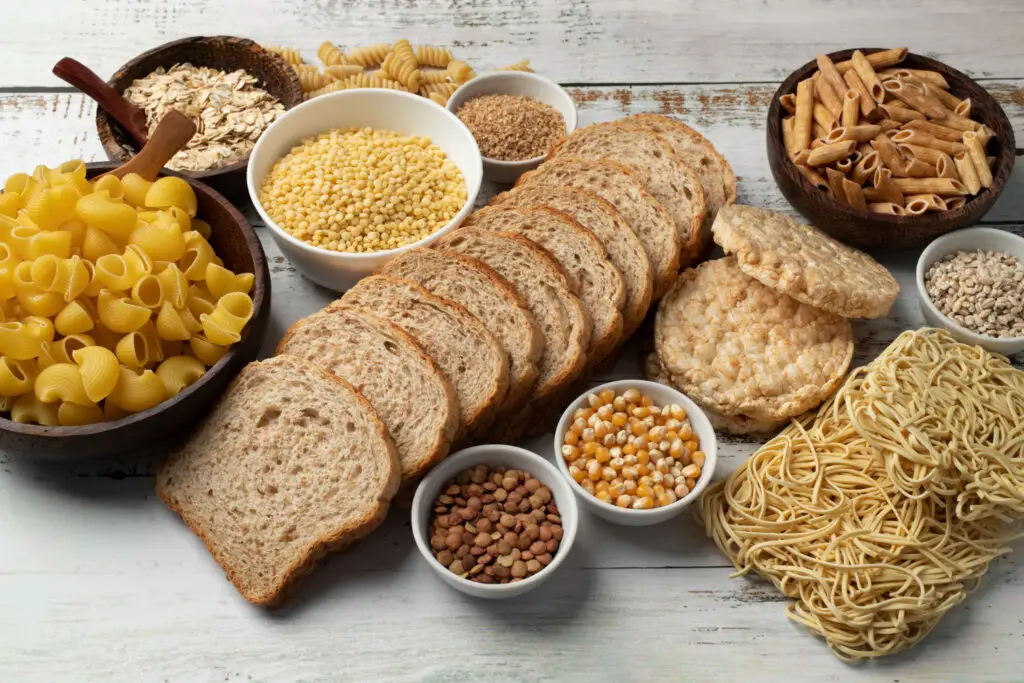
White bread, regular pasta, and pastries may be satisfying comfort foods, but they are stripped of most of their fiber. Without fiber, your gut bacteria go hungry, and your digestion can slow to a crawl. Refined carbs can also spike blood sugar, which can indirectly cause inflammation in the gut.
Gut-Friendly Swap: Go for whole grains like oatmeal, brown rice, or quinoa. Even small changes — like swapping white bread for whole wheat or mixing white rice with wild rice — can make a noticeable difference in your digestion.
Final Thoughts
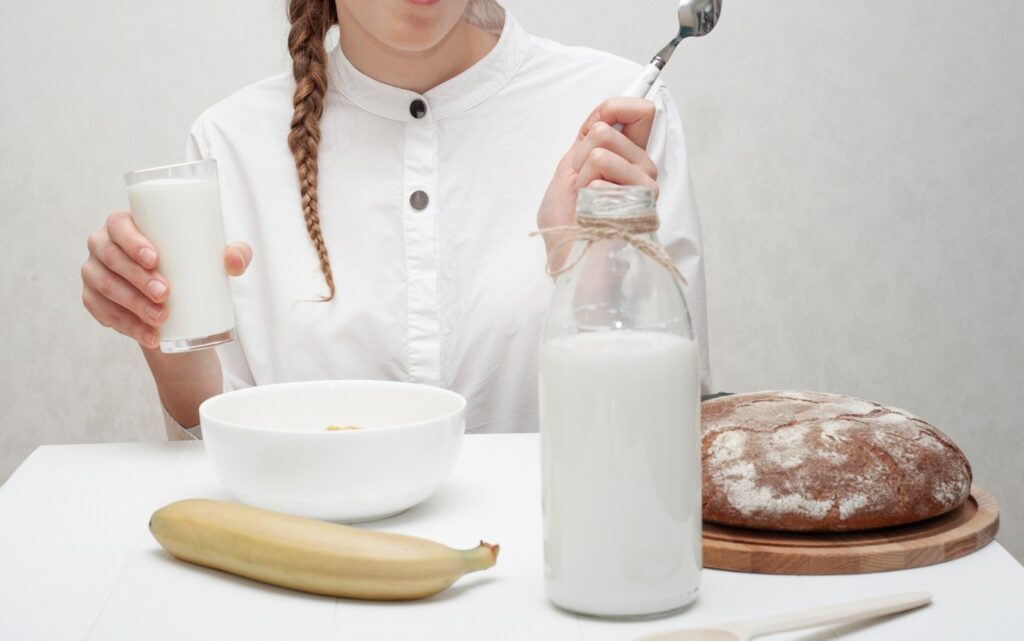
Your gut health affects far more than digestion. A balanced microbiome supports your immune system, energy levels, and even mood. While it is unrealistic to swear off these gut-offending foods forever, cutting back and making smarter swaps can dramatically improve how you feel day to day.
Think of it as upgrading your gut’s “fuel supply.” Instead of feeding it greasy burgers, sugar bombs, and overly processed snacks, give it the fiber, nutrients, and probiotics it needs to thrive. Over time, you might notice less bloating, steadier energy, and even better overall health.
You do not have to make all the changes at once. Start with one or two swaps this week and build from there. Your gut will adjust, your digestion will improve, and you might just find that the foods that make you feel good taste even better.
Leave a Reply